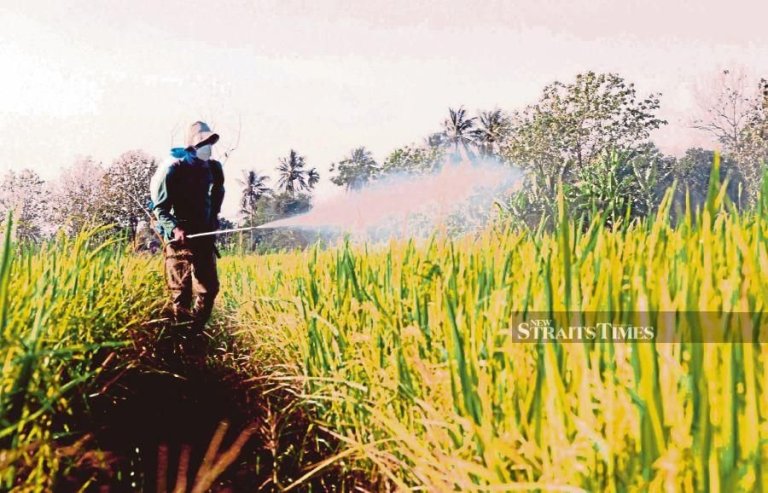By Nur Zalikhaa’ Zainal Abidin, Research Analyst (Intern), Institut Masa Depan Malaysia
SINCE the introduction of the New Economic Policy in the 1970s, the government’s fight to eradicate poverty has continued until today.
Addressing poverty is always a focus in yearly budgets, but little progress seems to have been made in poverty alleviation or in reducing the rising number of poor families.
Maybe it is time the government reintroduced programmes by past leaders that have proven to be pragmatic and workable in reducing poverty or overcoming food insecurity. The One Village One Product Programme (OVOP) introduced by the government in 2003 is one worth considering.
In 2004, 78 out of 134 districts in Malaysia were under the OVOP programme, producing products under four categories, namely crafts, food products, rural industry products and services, involving over 1,400 entrepreneurs.
The project in Melaka was a resounding success. Under the supervision of the Rural and Regional Development Ministry and the state government, the project was divided into three districts specialising in food, crafts and textiles.
According to Statistics Department data, Melaka’s gross domestic product was at the top between 2005 and 2012, with the highest growth logged at 7.2 per cent, spurred by the manufacturing and services sectors. Its significant growth is an indicator of the success of the OVOP approach in boosting rural incomes and developing and expanding businesses.
In 2011, the Implementation and Coordination Unit under the Prime Minister’s Department reported that the programme had created 6,247 entrepreneurs in 141 districts and created 12,438 jobs in four sectors — food and beverage, homestay, craft products and health/services products.
In 2018, a study by Universiti Teknologi Malaysia researchers titled “One Village One Product (OVOP) Plan for B40: Towards inclusive and sustainable rural development” revealed that the OVOP programme had huge potential as an inclusive local development strategy for the B40 group if implemented with proper planning and good understanding of local needs, contexts and people’s readiness.
The study said the OVOP programme created new jobs and new sources of income for locals, including the B40 group.
The OVOP programme was inspired by the success of Thailand’s One Tambon One Product programme. It was adapted from Japan’s OVOP programme, which began in Oita prefecture in 1979
to enhance the quality of entrepreneurs through the provision of business and employment opportunities to locals, as well as to augment incomes and development, primarily in rural areas in moving forward with the sustainable growth of the national economy.
The Asean-Japan cooperation in the OVOP project aimed to improve rural living conditions. With the involvement of all member states, a guideline was developed for local and central governments to adopt and adapt OVOP approaches for local economic development.
OVOP is a positive approach based on local advantages. It improves human resource development and capacity, creativity and self-reliance. With local resources as the driving force, it helps create a niche market where project participants can add value to their products with their own ideas and resourcefulness. It helps inculcate business acumen, making entrepreneurs stronger and bolder in growing their ventures.
Another successful programme was Rancangan Buku Hijau (Green Book Plan), introduced during Tun Abdul Razak Hussein’s administration in 1974.
Recently, Sultan of Perak Sultan Nazrin Muizzuddin Shah called on the government to revisit the Green Book Plan to curb our dependence on food imports. Sadly, the sultan said, the vision of food security pioneered by Tun Razak died with him. The programme encouraged the people to take up short-term gardening or farming for personal consumption or to supplement household income.
Our country is blessed with an abundance of arable land for cultivation and natural resources. We should not let this go to waste. This reminder should serve as a good start in our efforts to reduce our dependence on food imports.
We have woken up to the fact that agriculture is now the biggest and most important of all industries. Revive this programme to boost agriculture output and national prosperity and overcome our food security issues.
Source: https://www.nst.com.my/opinion/columnists/2022/09/829102/revive-projects-boost-food-security
Image: https://assets.nst.com.my/images/articles/07nt09padi_1662480612.jpg
